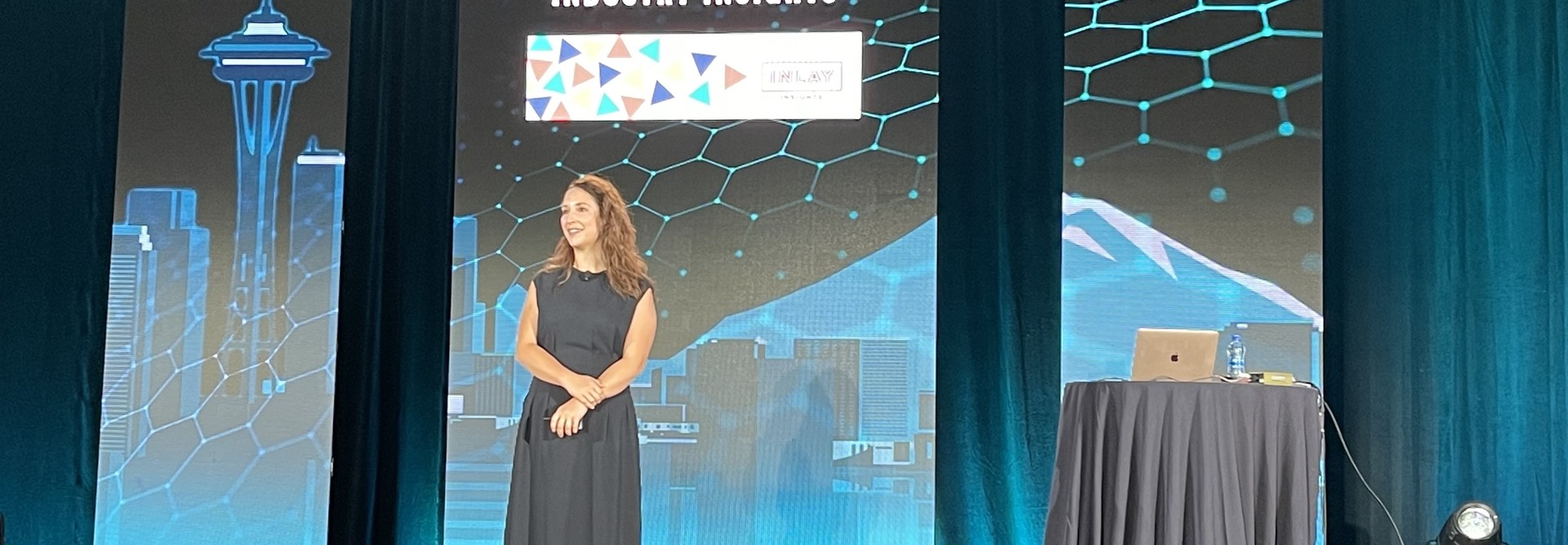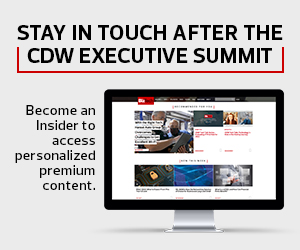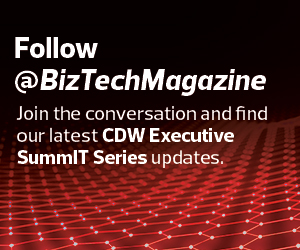The Current Workforce Spans Four Generations of Employees
It’s probably not surprising that communication becomes challenging when conversations involve members of four distinct generations. At present, the workforce is primarily made up of baby boomers, Generation X and millennials, with Generation Z beginning to come on board as well.
Lear explained that she uses generational theory “to capture the story of shifting ethos, a mood change, the story of us as a society, and how that changes over time, and what that means for the way we work, our relationship to work.”
She defined generational theory as “rooted in sociology, not psychology. But both schools of thought are equally important, especially for leaders. Psychology is looking at who you are as an individual, your unique upbringing, your relationships, your parents, the way you practice religion. With sociology, we’re looking at broader, macro shifts, demographic changes, cultural evolution.”
READ MORE: Find out what IT leaders can do to embrace hybrid work.
The Workforce Is Undergoing a Shift in Demographics
As Gen Z enters the workforce, baby boomers are aging out and retiring from their jobs. As a result, Gen X and millennials are moving up to fill vacant senior positions, and in many cases, that shift can create gaps in knowledge and experience. Such gaps have the potential to compound the staffing challenges many organizations already face with the Great Resignation and a widely acknowledged talent shortage.
“In addition to all of the other changes happening in the workforce, we also have this generational changing of the guard,” which can be disruptive, Lear said. “We're going through a transition that will have these huge ripple effects on the way people view what’s expected out of work and how companies are organized.”
As younger generations continue to represent a higher percentage of the workforce, it becomes crucial to find ways to pass on institutional knowledge. Sometimes that transfer of information necessitates a willingness for more senior employees to understand the different styles of communication and learning their counterparts prefer.














